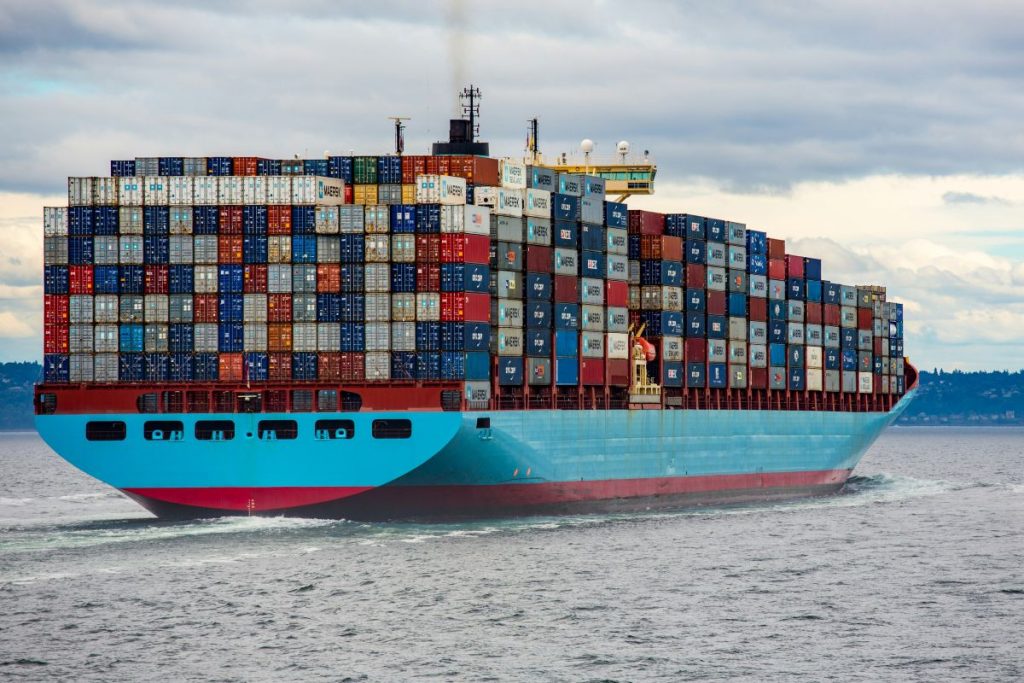As Trump signals fresh trade barriers, U.K. Chancellor Rachel Reeves expresses confidence in growing economic ties with the U.S.
The U.K. government is looking to strengthen trade and investment with the U.S., despite the looming threat of new American tariffs under President Donald Trump. U.K. Chancellor of the Exchequer Rachel Reeves emphasized the importance of the relationship in an exclusive interview during the G20 finance ministers’ meeting in Cape Town.
“Last time that President Trump was in the White House, trade and investment between our two countries increased,” Reeves said. “I have every confidence that can happen again.”
Her comments precede a key meeting between Prime Minister Keir Starmer and Trump on February 27, where trade will be high on the agenda. The U.K. is keen to avoid being targeted in the U.S. administration’s tariff plans, especially as the White House has already implemented 10% levies on China and is preparing to impose new duties on steel and aluminum imports starting in March.
Trade Diversion Risks and U.K. Economic Pressures
The U.K. has argued that it does not contribute to a notable U.S. trade deficit and should not be subject to additional tariffs. In 2024, total trade between the two countries amounted to £294 billion ($373 billion), making the U.S. Britain’s largest single-country trading partner.
Reeves’ push for stronger trade ties comes amid concerns that global trade is fragmenting into regional blocs. Bank of England policymaker Swati Dhingra recently warned that while the shift appears to be happening in a controlled manner, more disruptive outcomes could emerge, which could impact monetary policy and trade flows.
To strengthen economic stability and geopolitical standing, Starmer has also announced an increase in U.K. defense spending, committing to 2.5% of GDP by 2027 and 3% in the long term. Reeves linked these security investments to broader economic growth, noting that a stable and lasting peace in Ukraine would be necessary to ease energy and food price pressures.
What This Means for Trade and Logistics
The evolving U.S.-U.K. trade landscape presents both risks and opportunities. While Reeves’ optimism suggests room for deeper trade collaboration, the possibility of tariffs—especially on key industrial goods—remains a concern. Businesses should monitor the upcoming Starmer-Trump meeting closely and prepare for potential shifts in trade policy that could influence sourcing, investment, and supply chain strategy in the transatlantic market.







